With the introduction of chemicals in our homes, food, personal care products, and environment for the past 100 years, the prevalence of allergic rhinitis and other associated allergies continue to rise. Today, it is believed that up to 60 million Americans, especially children, suffer from hay fever and seasonal allergies. This overreaction by the body’s immune system causes watery eyes, a stuffy or runny nose, sneezing, inflamed sinuses, headaches, and an impaired sense of smell. For some, however, these allergic reactions can be life-threatening.
Avoiding known triggers is, of course, a sound method for reducing or preventing symptoms, but one can’t always avoid the change of the seasons. With the use of essential oils along with immune supporting practices, allergies can be controlled and even eliminated.
Essential Oils for Treating Hay Fever Naturally
What is Hay Fever?
For those of you lucky enough not to know what hay fever is, it’s the common term used for allergic rhinitis due to the seasonal spread of pollen. The condition, however, is not limited to seasons and may be triggered by exposure to antigens other than pollen such as house dust, animal dander, certain foods like cow’s milk and other food allergies, fungus spores, feathers, insecticides, and grass.
Sinusitis can also develop due to impaired drainage of the sinus caused by bacterial infection.
Those who suffer from hay fever may also suffer from atopic disorders such as asthma and dermatitis.
Allergic rhinitis is characterized by sneezing, runny nose, inflamed sinuses, and watery itchy eyes.
Other factors that can aggravate hay fever include:
• Air conditioning
• Alcohol consumption
• Certain foods (intolerances and food allergies)
• Chilly, damp weather
• Emotional distress
• Fatigue
• Insect stings
• Latex
• Mold
• Sudden changes in temperature and humidity
Hay Fever Symptoms
- Coughing
- Physical fatigue
- Itchy nose, throat, or roof of the mouth
- Postnasal drip
- Runny nose
- Nasal congestion
- Sneezing
- Swollen eyes
- Dark circles under the eyes
- Watery, itchy, and red eyes
For most people, however, inflammation plays a huge roll in the severity of their hay fever. This is due to the fact that we tend to lead very busy and stressful lives. With the addition of inflammation triggered by such a busy lifestyle, our overworked and equally stressed immune system overreacts when exposed to an allergen.
If the body was in balance, the immune system would react normally to allergens; however, it is extremely common nowadays for these reactions to be exaggerated.
One of the most amazing things about essential oils is their ability to fight inflammation while simultaneously supporting the immune system. They help the body deal with hay fever by assisting detoxification, fighting infection, warding off bacteria, parasites, and microorganisms, and reduce the body’s susceptibility to allergens.
Aside from avoiding or reducing exposure to the offending allergen, essential oils can help rebuild the integrity of our mucosa by reducing inflammation, improve our immunity, and alleviate symptoms.
Many of the best essential oils for treating hay fever naturally include properties that are expectorant, anti-inflammatory, astringent, antimicrobial, immunostimulant, restorative, and tonic. Basically, any essential oil that relieves symptoms of the common cold is extremely applicable to treating allergies.
They are truly one of the best hay fever remedies you can utilize!
The best essential oils for treating hay fever naturally include:
• Basil - safe for children 2 years and older
• Cajeput
• Eucalyptus
• German chamomile - safe for children 3 months and older
• Lavender - safe for children 3 months and older
• Lemon - safe for children 6 months and older
• Myrtle
• Peppermint
• Petitgrain - safe for children 6 months and older
• Pine - safe for children 6 months and older
• Ravensara
• Rosemary
• Spike lavender
• Tea tree - safe for children 6 months and older
• Thyme
These essential oils help reduce inflammation in the sinuses, soothes irritated tissues, and alleviate symptoms of allergies.
An effective way to use these essential oils is to add a few drops to a nasal inhaler, salt inhaler, or tissue for easy use. Simply inhale from it to help reduce symptoms.
Other Ways to Help Control Hay Fever
1. Avoid chemical irritants
2. Avoid dairy
3. Avoid the known allergen if possible
4. Avoid using anti-histamines
5. Dust often
6. Eat a healthy and balanced diet
7. Exercise regularly
8. Get meaningful rest
9. Increase your GLA/EFA levels by eating omega-rich foods
10. Keep pets clean
11. Supplement with magnesium
12. Take Vitamin C
13. Use herbs like fenugreek, ginger, garlic, and stinging nettle
14. Use hypoallergenic bedding and furniture
What have been your favorite essential oils for treating hay fever naturally? Please share your tips and tricks in the comments below!
You may also enjoy:
Seasonal Allergy Blend- Three Different Ways!
Natural Remedies for Asthma
Herbal Remedies for Stuffy Nose
Herbal Remedies for Runny Nose

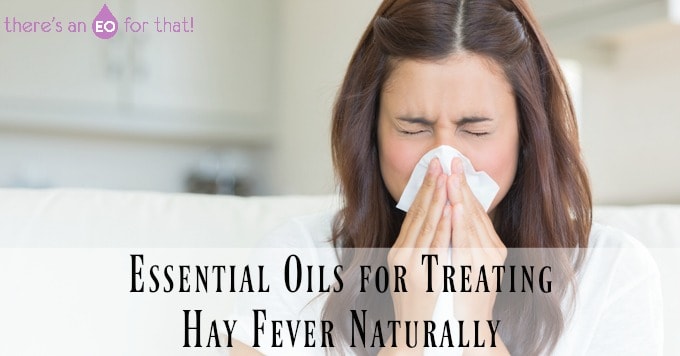
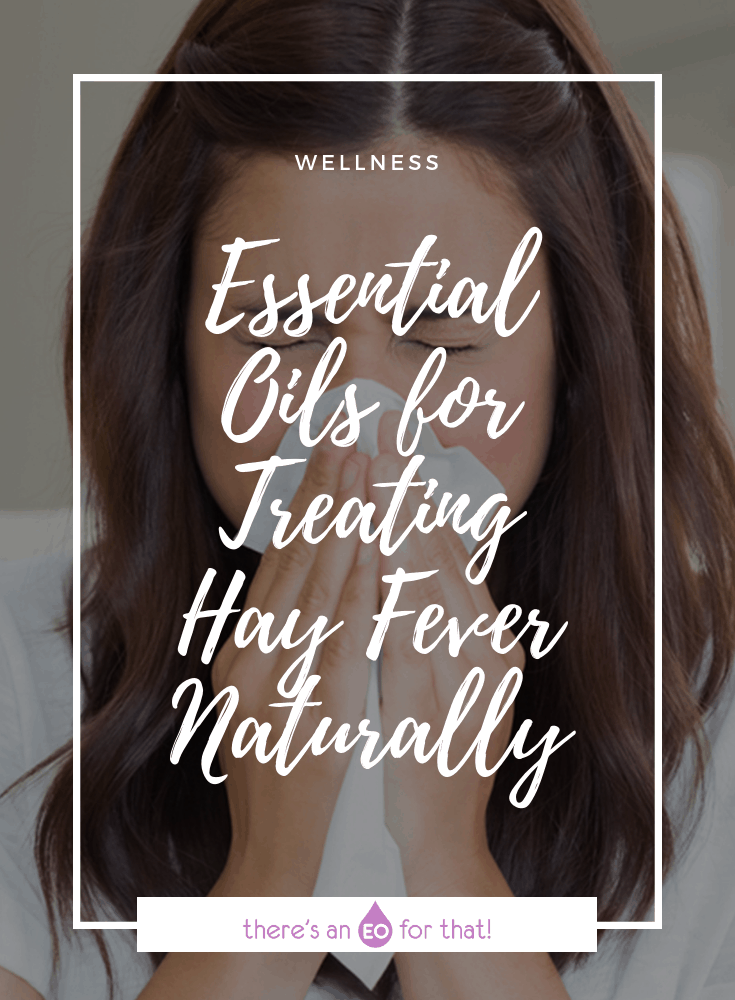
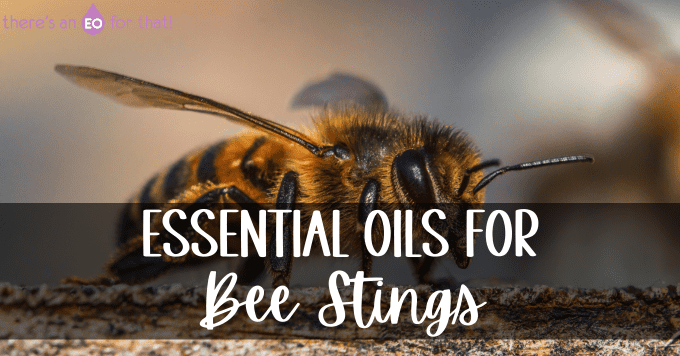
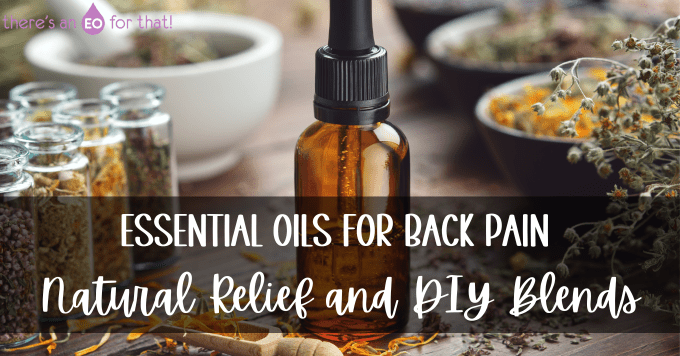
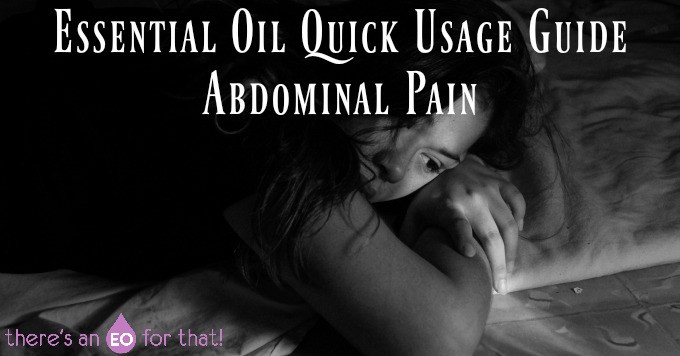

Leave a Reply